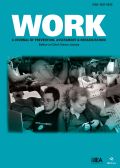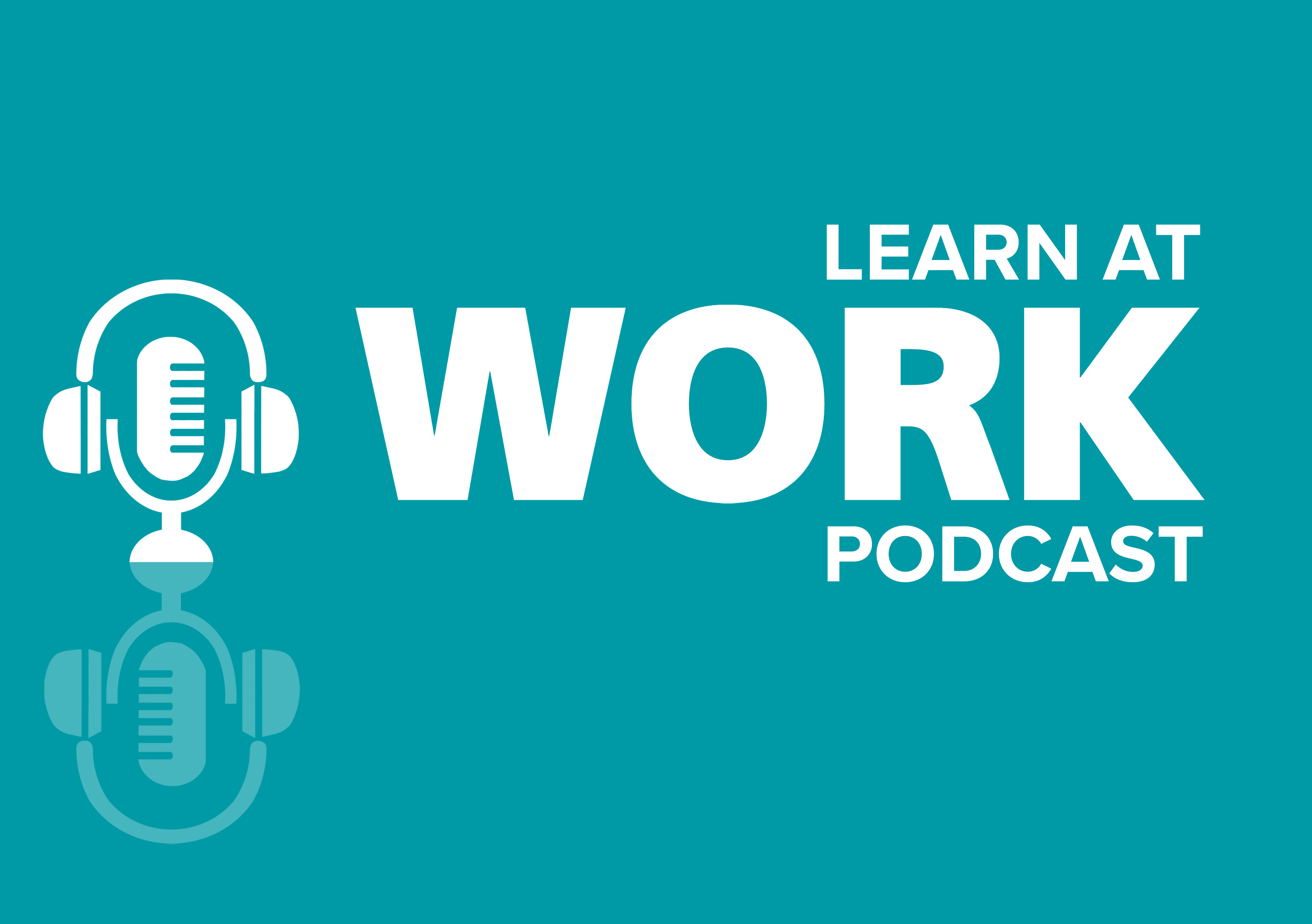Authors: Asghari, Mehdi | Gorji, Rahim | Moradzadeh, Rahmatollah | Kohansal, Behieh | Abbasinia, Marzieh | Goudarzi, Forough
Article Type:
Research Article
Abstract:
BACKGROUND: Occupational hearing loss is one of the most common work-related diseases with various risk factors and considerable negative impacts on both physical and mental well-being of affected workers. Occupational noise-induced hearing loss (ONIHL) has a complex interaction with personal, environmental and occupational factors. OBJECTIVE: This study aimed to develop a risk model for ONIHL in workers by identifying risk factors and their interactions. METHODS: The subjects were 605 males in an industrial factory in Arak, Iran. The study took place between 2022 and 2023. The sociodemographic and occupational characteristics were collected by a health technician
…using questionnaires and medical records. Hearing status was assessed using audiometry by a qualified audiologist. Hearing loss was analyzed by univariate logistic analysis including age, smoking, medical history, type of occupation, and some workplace hazards. The risk model was generated by logistic regression. RESULTS: Hearing loss in the participants was 44.13% (n = 267). In univariate logistic analysis, age (OR: 2.93,95% CI: 1.848–4.656), smoking (OR: 1.80, 95% CI: 1.224–2.655), work experience (OR: 1.06, 95% CI: 1.016–1.107), previous exposure to noise (OR: 1.60, 95% CI: 1.112–2.312) or vibration (OR: 1.68, 95% CI: 1.150–2.475) and type of occupation (OR: 2.126, 95% CI: 1.055–4.285) were associated with an increased risk of ONIHL (P < 0.05). CONCLUSION: It was found that vibration exposure, work experience, previous noise exposure, type of occupation as well as age and smoking significantly affected the likelihood of developing ONIHL. This risk model could help management to prevent ONIHL and enhance application-oriented research on the condition.
Show more
Keywords: Hearing disorder, risk factors, noise, work, vibration, smoking
DOI: 10.3233/WOR-230181
Citation: Work,
vol. 77, no. 3, pp. 1017-1022, 2024
Price: EUR 27.50






